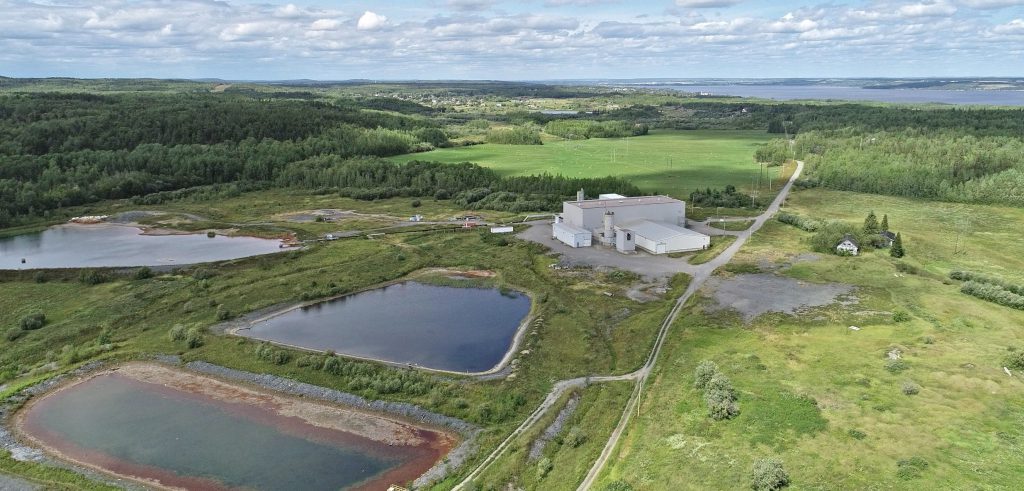
First Cobalt (TSXV: FCC) is moving directly into an expansion scenario for its permitted cobalt refinery in Ontario after a conducting detailed engineering study on the facility.
The company stated on Wednesday that this plan could save millions of dollars by lowering operating costs through pilot plant work at third party facilities. Financing discussions for the project are now entering the next phase, with proposals under review with financial advisor CIBC.
In May, First Cobalt released an engineering study for an expansion of the refinery from a 12 tpd operation to a 55 tpd facility, transforming the facility into “a globally competitive refiner of cobalt for the North American and European electric vehicle (EV) markets.”
Since that time, the company has been conducting engineering optimization studies and advancing financing and permitting activities. It is estimated that the expanded refinery would represent up to 5% of global demand for refined cobalt.
Based on work completed to date, the company is confident it will be in a position to demonstrate higher recoveries in Q3-Q4 2020
The company also completed an assessment of a restart of the refinery using existing permits and equipment to operate a demonstration plant using the current 12 tpd configuration. The study assessed whether First Cobalt could leverage existing permits, infrastructure and equipment to produce sample cobalt sulfate material in advance of the major expansion.
After consultation with Glencore and prospective EV partners, the company concluded that the optimal economic decision is to conduct pilot plant testing at third party sites and focus construction efforts on the 55 tpd expansion.
Proceeding with an on-site demonstration plant would have resulted in additional investment that would not have been credited toward the 55 tpd expansion, currently estimated at US$56 million, First Cobalt explained.
Moreover, EV manufacturers expressed no preference for an on-site demonstration plant, as final product qualification will be conducted from material produced at the expanded refinery.
Other elements of the current work program include optimizing storage capacity in the dry-stack tailings facility and preparing submissions for permit amendments. Both are progressing as expected.
Metallurgical test work to validate expected improvements in cobalt recoveries have been delayed due to pandemic-related logistical delays in receiving representative cobalt hydroxide feed material from Glencore’s designated mining operation.
Based on work completed to date, the company is “confident it will be in a position to demonstrate higher recoveries” in Q3-Q4 2020.
First Cobalt has also completed the first round of discussions to identify financing parties that could partner with Glencore to fund the refinery capital requirements. It is currently reviewing proposals with a view to commencing advanced discussions with one or more counterparties along with Glencore to conclude financing and commercial terms.
Situated on 120 acres of land north of Toronto, First Cobalt’s refinery was permitted in 1996 with a nominal throughput of 12 tpd and operated intermittently until 2015, producing a cobalt carbonate product along with nickel carbonate and silver precipitate.
Testing of third-party cobalt hydroxide last year confirmed suitability of cobalt hydroxide as a source of feed to produce a high purity, battery-grade cobalt sulfate.
Subsequently, First Cobalt and Glencore entered partnership to recommission the refinery, under which First Cobalt will treat cobalt feed material supplied from Glencore’s DRC operations for an initial term of up to five years. The aim is begin production of cobalt sulphate later this year or in early 2021, which would make First Cobalt the only primary producer of the battery ingredient in North America.
Shares of First Cobalt surged 7.1% by 1:45 p.m. EDT Wednesday, capping the company at a market value of C$58.1 million.
